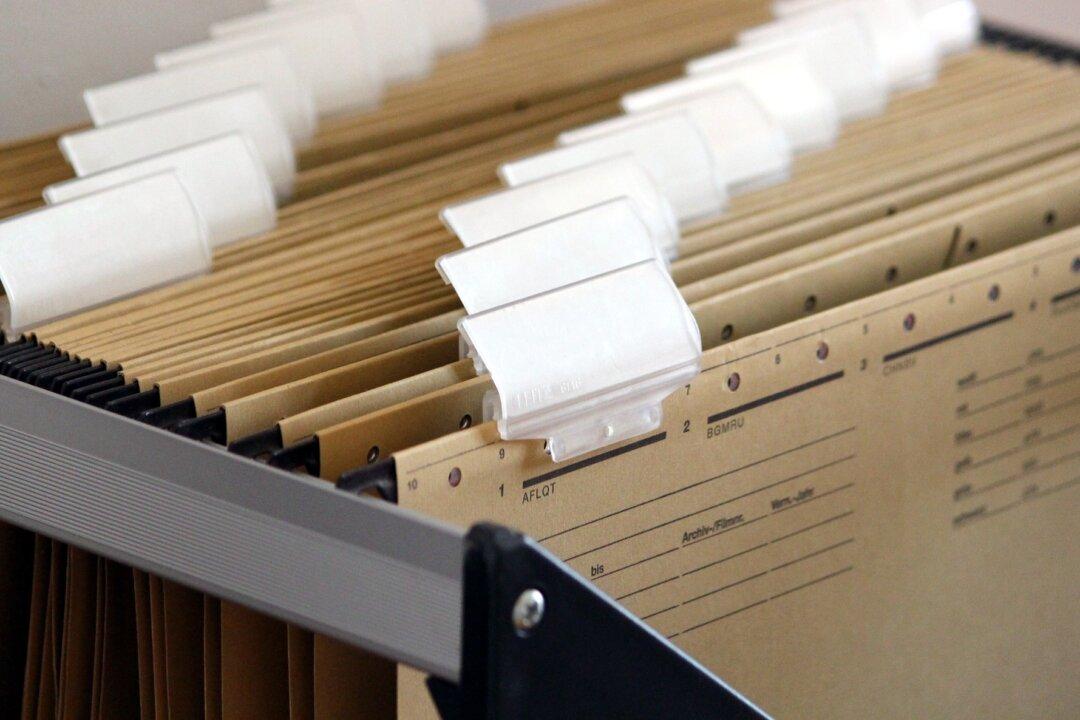Hundreds of top-secret and highly classified government documents were found in locked filing cabinets bought for “small change” at a second-hand store in Australia.
This extraordinary and highly embarrassing breach of national security is “one of the biggest breaches of cabinet security in Australian history,” reported the Australian ABC.




